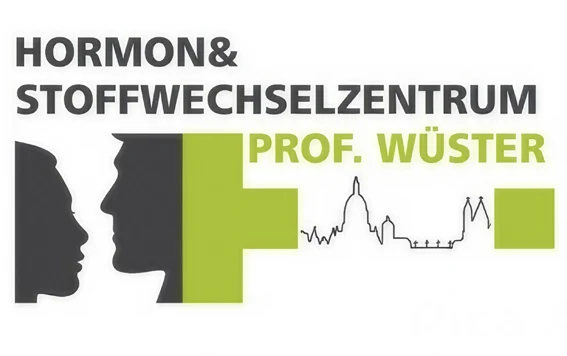Thyroid Mainz: Treatment of Graves’ disease and Hashimoto’s disease
Graves’ disease and Hashimoto’s thyroiditis – autoimmune diseases of the thyroid
The most common disease of the thyroid gland is iodine deficiency goitre. A goitre is usually triggered by a long-term insufficient iodine intake. Due to an enlargement of the tissue, the thyroid gland can become noticeable and even visible to the person affected – up to and including a narrowing of the windpipe. This can lead to difficulty swallowing and breathing difficulties. In addition to iodine deficiency, there are other, albeit much rarer, causes of iodine deficiency goitre. Around a third of people in our country suffer from this thyroid disease, which does not necessarily have to be accompanied by a visible lump.
Endocrinologist in Mainz: Thyroid disease goitre even before autoimmune diseases
The second most common thyroid disease is autoimmune diseases. A distinction must be made here between Graves’ disease and Hashimoto’s thyroiditis. While Graves’ disease is associated with hyperthyroidism, Hashimoto’s thyroiditis can lead to hypothyroidism. Autoantibodies against thyroid tissue are detectable in both diseases. Autoimmune thyroid diseases mainly affect younger people in the 20 to 40 age group. Incidentally, women are affected by autoimmune diseases many times more frequently than men. The disease only rarely occurs in children.
Autoimmune diseases: Graves’ disease and Hashimoto’s thyroiditis
There are several causes for the autoimmune disease Graves’ disease. For example, there may be a defect in the immune system. Influences such as stress, environmental influences, smoking or infections can also increase the intensity and progression of the disease. In Graves’ disease, antibodies are produced that attack the body’s own thyroid tissue. Other common symptoms are sweating, high blood pressure, diarrhea, hyperactivity or weight loss. Changes in the eyes can also be an indication of Graves’ disease.
The autoimmune disease Hashimoto’s thyroiditis is a chronic inflammation of the thyroid gland. The causes of the disease are still largely unknown. The result is ultimately hypothyroidism.
Endocrinologist in Mainz on the diagnosis and treatment of Graves’ disease and Hashimoto’s disease
An underactive thyroid also has an impact on the entire organism. Depression, fatigue, hair loss, weight gain and low blood pressure are just some of the symptoms. The endocrinologist treating the patient will already have decisive indications of thyroid disease during the consultation. Is there a family history, what kind of symptoms are present? Palpation of the thyroid gland can reveal enlargement, tenderness or hardening. The examination with the ultrasound machine provides results that point to a specific disease. The amount of thyroid hormones can then be determined as part of a blood test.
Even the discussion with the patient provides decisive indications of the disease
If further tests are necessary, the doctor can, in rare cases, resort to scintigraphy. This involves injecting the patient with a weakly radioactive preparation. This is usually technetium. The absorption of the preparation provides information about the function of the thyroid. In order to control the excess thyroid hormones, medication is administered to treat Graves’ disease that inhibits the thyroid’s hormone production. Radioiodine therapy and, in rare cases, thyroid surgery are also an option. In around half of patients, the thyroid returns to normal after longer drug therapy. “Hashimoto’s thyroiditis can be treated very well. Medications provide the sufficient dose of hormones. There are also cases of patients in whom Hashimoto’s thyroiditis has healed without any consequences,” says Prof. Dr. Christian Wüster, endocrinologist in Mainz.
Picture: © Henrie/Fotolia

